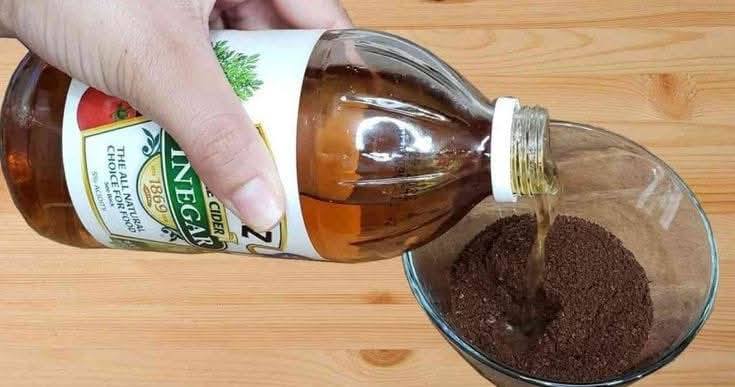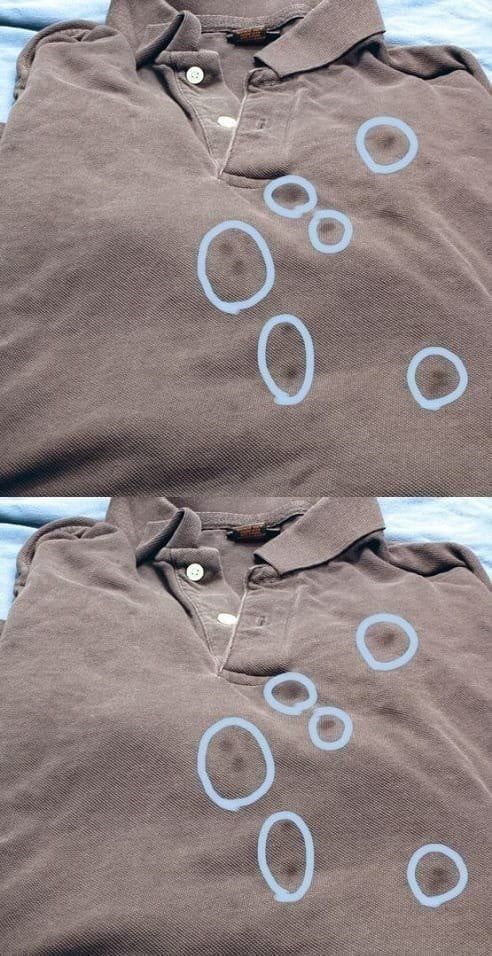Laundry is one of those household chores that many of us don’t mind when it comes to everyday clothes or towels. But when it comes to washing bedding—sheets, pillowcases, duvet covers, and comforters—it feels like a monumental task. It requires stripping the bed, doing multiple loads in both washer and dryer because everything won’t fit at once, and then remaking the bed, which for many is the least favorite part of the whole process. And if you own a duvet with a separate cover instead of a quilt or comforter, you know the struggle is real.
Yes, all these issues are definitely what some call “first world problems,” but the inconvenience often causes people to procrastinate on washing their bedding more than they should. And while it might seem harmless to delay, laundry experts warn that this could actually have significant health consequences.
Why Washing Sheets Weekly Is Crucial
Laundry expert Mary Marlowe Leverette explains that our bedding is exposed to a surprising amount of bodily fluids and debris during sleep. She says, “During sleep, we continue to perspire, and body oils and soil are released. It is possible to find saliva, urine, genital fluids, and fecal matter in the fibers.” Yes, it’s definitely gross to think about, but it’s a reality many don’t consider.
When sheets and pillowcases aren’t washed regularly, these fluids can build up and even seep into pillows and mattresses. Unlike linens, these are much more difficult to clean properly, which means the problem can linger and worsen over time. Leverette also points out that if the person sleeping has any scratches or wounds, the buildup on the sheets can increase the risk of infection. Moreover, fungi such as athlete’s foot can also be transferred through unwashed fabrics.
The Hidden Danger: Dust Mites and Allergens
If the idea of body fluids in your bedding isn’t enough to convince you to wash sheets weekly, consider this: We all shed dead skin flakes constantly, including while we sleep. These flakes accumulate in our sheets and provide a feast for dust mites—tiny creatures invisible to the naked eye that live in bedding and mattresses. What’s even more unpleasant is that dust mites excrete waste within your sheets.
According to experts from allergy and asthma organizations, dust mite excrement is a common trigger for allergies and asthma symptoms. For people sensitive to these allergens, dirty bedding can cause sneezing, congestion, itchy eyes, coughing, and even worsen asthma attacks.
The good news is that these allergens and dust mites can be effectively eliminated by washing sheets in hot water regularly. “The excrement of the mites can cause breathing problems for those with allergies and asthma, but can easily be removed by washing in hot water,” says Leverette.
The Smell of Dirty Sheets
Another sign that your sheets need washing is a stale or rancid odor. Many people notice this smell when pulling sheets from the linen closet. This unpleasant scent is actually caused by the buildup of body oils, sweat, and other fluids embedded in the fibers of the fabric. The longer sheets go without washing, the more difficult it becomes to remove this buildup, even with repeated washing.
If you’ve ever pulled out sheets that smell off, it’s a clear indicator that those linens weren’t washed often enough or thoroughly enough. This buildup also contributes to the dull appearance of white or light-colored sheets over time.





